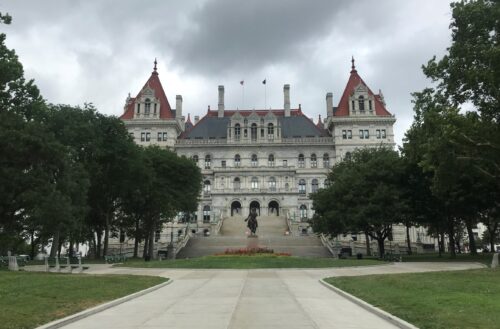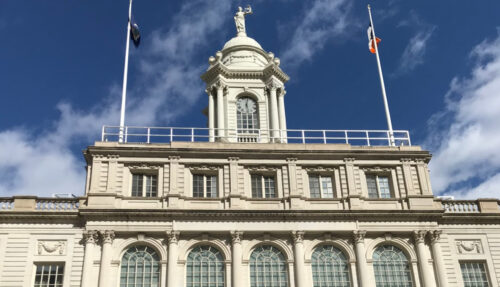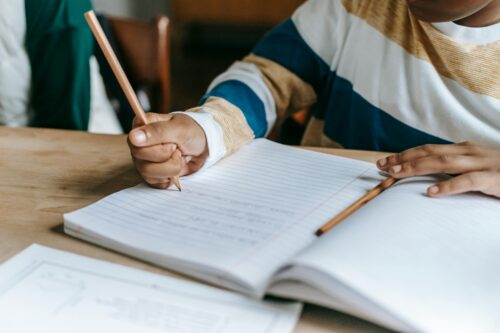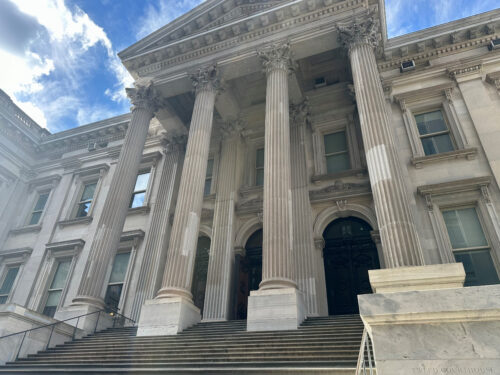
AFC te temwaye sou bidjè edikasyon leta pwopoze pou ane 2015–2016 la, li mande Lejislati a pou ogmante finansman pou Edikasyon Pre-K, Karyè ak Teknik (CTE), epi pou sipòte Elèv k ap Aprann Lang Angle (ELL) ak elèv imigran yo; rejte pwopozisyon pou dispans edikasyon espesyal Bidjè Egzekitif la; modifye pwopozisyon charter school la pou asire ke charter schools sèvi popilasyon ki gen gwo bezwen; sipòte pwopozisyon pou tabli tarif rejyonal yo pou sèvis Pwofesè Itineran Edikasyon Espesyal (SEIT); epi ogmante finansman edikasyon an jeneral.





